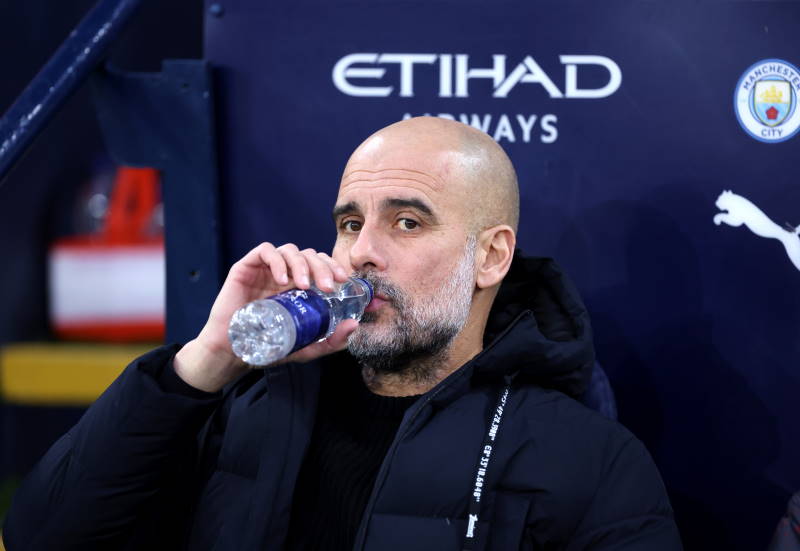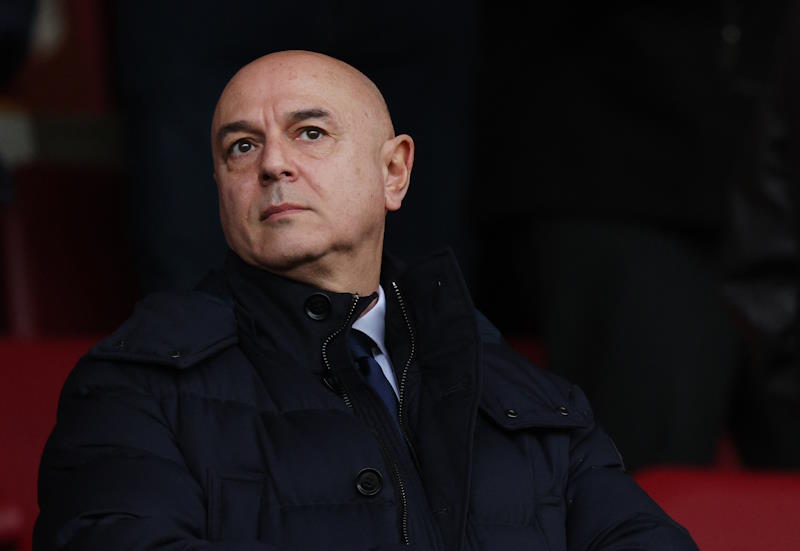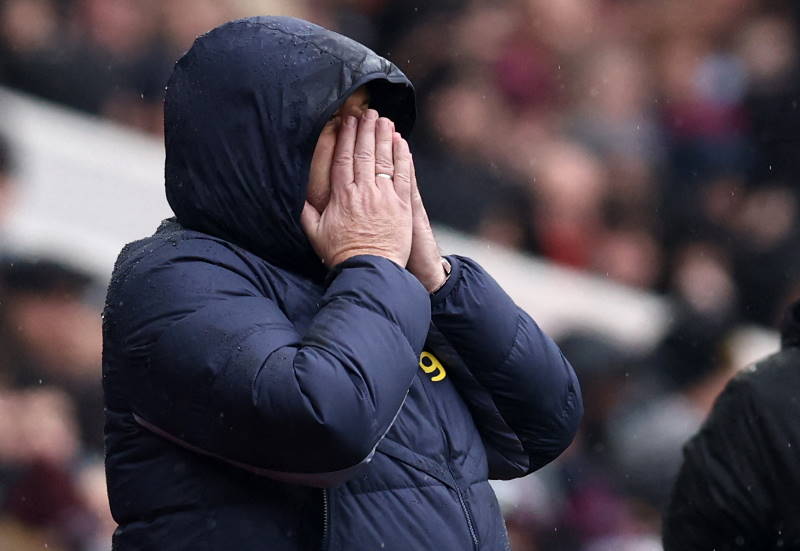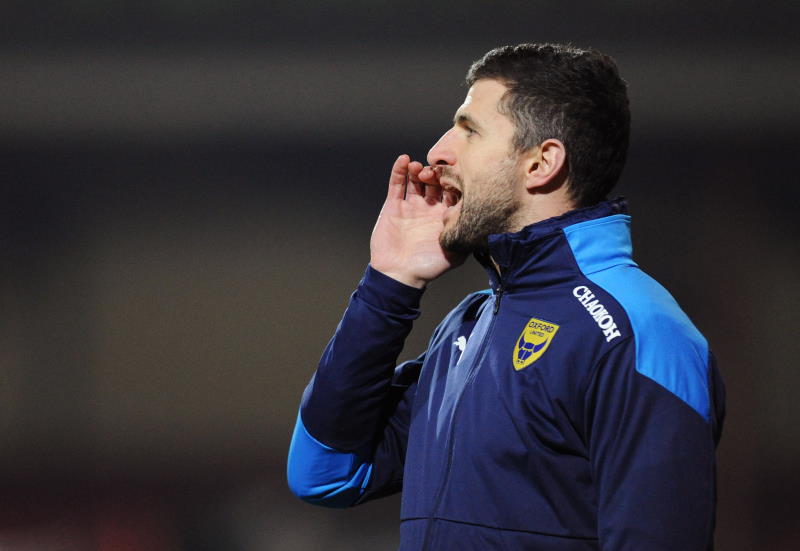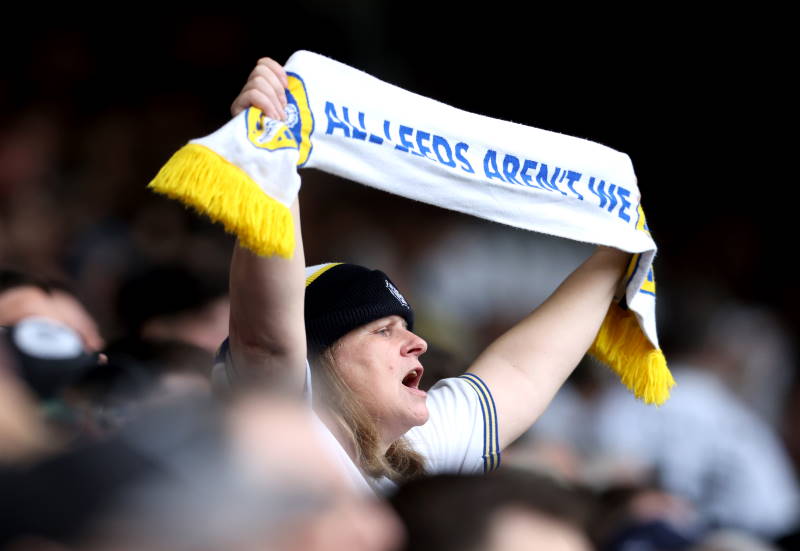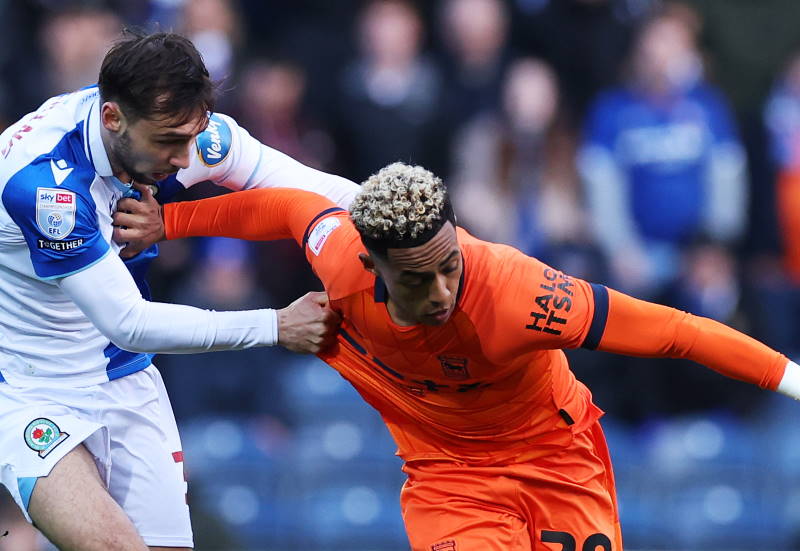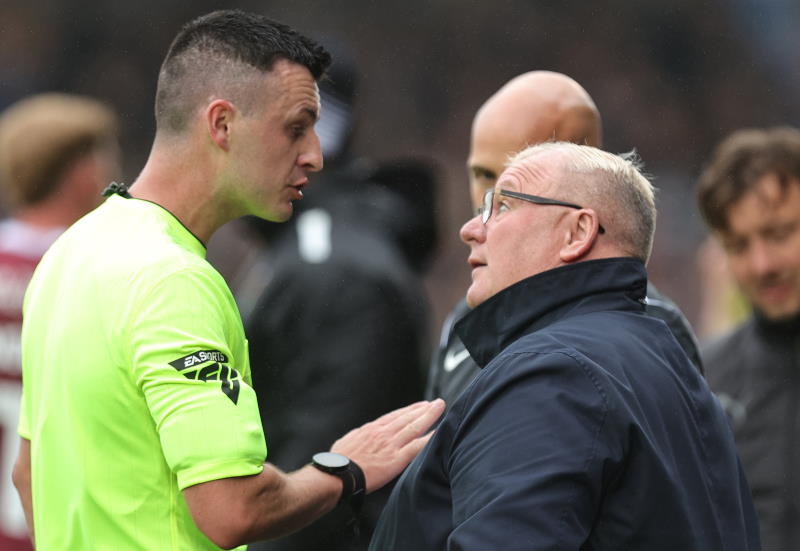
If things were tight in the South American 2014 World Cup qualifying group before the recent two rounds they are even tighter now, with just three points separating first from sixth, albeit it with the sixth placed team having played a game more than the others. Lower down the table, qualification hopes are beginning to look forlorn for two nations, while another just about hangs on to the coattails of the top six.
The big winners from the qualifying matches played in the last week were Colombia. On seven points beforehand, a 4-0 win at home to Uruguay was followed by a 3-1 win away to Chile to secure them a maximum six points and an ascent to second in the table. They have won three of four qualifiers since the wily Argentine coach Jose Pekerman replaced Leonel Alvarez in January this year.
Pekerman’s impeccable tactical nous was on clear display in the crushing victory over Uruguay in the stifling heat of Barranquilla. His left midfielder James Rodríguez and right-back Camilo Zuniga pushed Uruguay’s two wing-backs deep into their own half, limiting their attacking output and giving the Uruguay midfield less options in possession. In combination with the tireless hustling of Pekerman’s own midfield pairing of Abel Aguilar and Edwin Valencia, Colombia were easily able to win the ball back off their opponents and feed it forwards.
Further up the pitch, Barranquilla natives Macnelly Torres and Teofilo Gutierrez both performed excellently in front of their home crowd – Torres as Colombia’s creative hub first half and Gutierrez in scoring two goals early in the second half that all but confirmed victory. The in-form Radamel Falcao scored and looked dangerous throughout, while Rodriguez enhanced his burgeoning reputation with the assists for both of Gutierrez’s goals.
Rodriguez shone again four days later in Santiago, scoring a superb second half free-kick – and hitting the post with an almost identical effort ten minutes later – to level the scores before Colombia scored twice more to win again, this time against a Chile side somewhat harshly reduced to ten men when Gary Medel was dismissed for waving a hand in the general direction of Luis Perea.
The result came at the end of an emotional day for Chileans, remembering the 1973 suicide of Salvador Allende and mourning the passing away of legendary Universidad Catolica and national team goalkeeper Sergio Livingstone at the age of 92. The result did not go Chile’s way, but the tributes were heartfelt and despite a couple of tough fixtures coming up they should be there or thereabouts come the end of the qualification process.
Colombia’s neighbours Ecuador also did their hopes of reaching the 2014 World Cup no harm with a home victory over Bolivia followed by a 1-1 draw away to Uruguay. The win over Bolivia may have been laboured, but it maintained their 100% home record thus far in the qualifiers. If they can begin to pick up points on the road, as they did in Montevideo, then Reinaldo Rueda’s side have an excellent chance of making the finals.
For Uruguay, however, more points dropped at home, especially considering the manner of their defeat to Colombia days earlier, was a further indication of their wavering powers. One win, two draws and one defeat in their last four qualifiers is not a particularly impressive record. With tough matches away to Argentina and Bolivia coming up, the Uruguayans could be outside the top five by the time they next play in Montevideo, against Paraguay in March next year.
There was a palpable flatness to Uruguay’s performances in both recent matches and a distinct lack of creativity. There still appears to be too much reliance on the rapidly ageing Diegos: Lugano, Perez and Forlan, and not enough younger players making a prominent claim for a regular berth in their stead. The tactics of the previously unquestionable Oscar Washington Tabarez are starting to be questioned.
No such interrogations are being aimed in the direction of Argentina coach Alejandro Sabella, whose side now top the qualification group following a comfortable victory at home to Paraguay and a hard-fought away draw against Peru. Finally, after the national team had been consecutively loaned out to two incompetents, Argentina look to have a man in charge who understands basic tactical tenements, has a clear plan and knows which players are best suited to implementing it. They are undefeated in 2012.
Venezuela coach Cesar Farias is also adroit tactically and his side are still banging on the door of the four automatic and one playoff eligible qualifying spots after a win and a loss in two away trips. La Vinotinto bounced back from a 2-1 defeat to Peru to record an impressive 2-0 victory away to a hapless Paraguay side, who are showing few signs of life, even under new coach Gerardo Pelusso.
The Paraguayans are currently joint last with Bolivia on four points, some eight points off fifth place Chile and in need of a miracle turnaround if they are to qualify for their fifth consecutive World Cup. Last year’s Copa America final appearance was the last hurrah for the generation Gerardo Martino led to the 2010 World Cup. There has been little indication thus far that there are a sufficient number of quality replacements coming through.
That just leaves Peru, currently straddling the fine line between the bottom two and the top six, on seven points. Awful luck with injuries contributed to four defeats in the five qualifiers they had played before the most recent double header and they gave a far better account of themselves, both in victory over Venezuela and in the draw with Argentina. The latter match could, maybe even should, have been a victory, with Lionel Messi effectively shackled and Claudio Pizarro missing from the penalty spot for the hosts.
However, Peru next face two away matches that will go a long way towards determining whether they can still make a credible challenge for a place at the finals. The first, away to Bolivia at the altitude of La Paz, will have to be negotiated without Pizarro, Luis Ramirez and Carlos Lobaton, all of whom will be suspended. Realistically, two points from trips to Bolivia and Paraguay would be a good return; they may, however, require three or four to stay in contention.
As the half-way point looms then, the qualifying group is quite well balanced. Spread over three years, it often takes in peaks and troughs for the competing nations and thus it would be foolish to definitively judge qualifying prospects now, with a long way still to go until its conclusion in October 2013. What can be said is that it continues to offer entertaining matches that will only grow in intensity as the campaign wears on. Always intriguing, rarely boring, it is one to keep an eye on each time the international fixture dates roll around.


